Category: 1. Pakistan
-
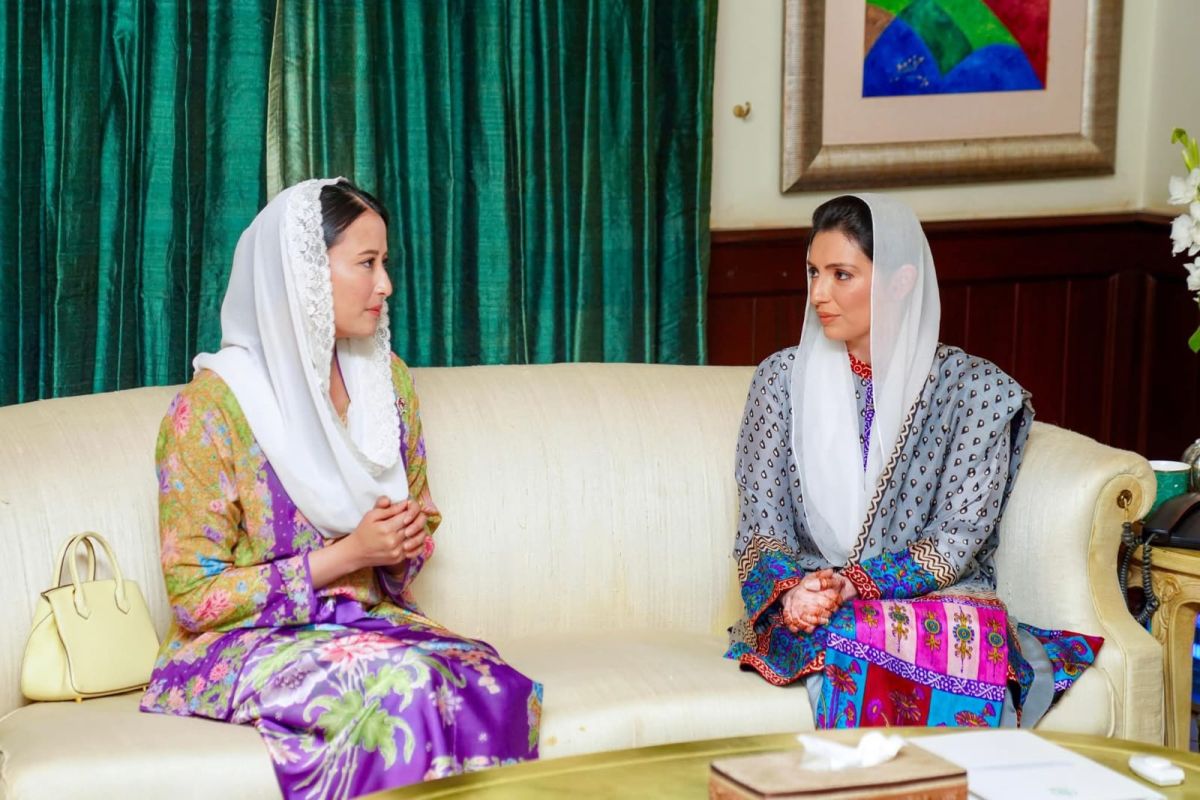
Indonesia, Pakistan eye deeper trade and social cooperation
Jakarta (ANTARA) – Indonesia and Pakistan are seeking to broaden economic and social cooperation, with Jakarta pushing to upgrade an existing trade pact into a more comprehensive agreement aimed at boosting investment, empowering women… -
DPM leaves for Pakistan after attending OIC CFM session in Jeddah – RADIO PAKISTAN
- DPM leaves for Pakistan after attending OIC CFM session in Jeddah RADIO PAKISTAN
- FM Dar to head to Saudi Arabia for extraordinary meeting of OIC Council of Foreign Ministers Dawn
- DPM arrives in Jeddah The Nation (Pakistan )
- Dar discusses ties…
Continue Reading
-
Punjab launches ‘Parwaz Card’ to support youth seeking overseas jobs – RADIO PAKISTAN
- Punjab launches ‘Parwaz Card’ to support youth seeking overseas jobs RADIO PAKISTAN
- How to Apply for an Interest-Free Loan Under Punjab’s Parwaaz Card 8171ip.com.pk
- CMP Maryam Nawaz Parwaaz Card Registration 2026 Apply Online
Continue Reading
-
Punjab Forensic Science Laboratory report confirms May 9 arson attacks part of ‘well-planned conspiracy’ by PTI: Azma – Dawn
- Punjab Forensic Science Laboratory report confirms May 9 arson attacks part of ‘well-planned conspiracy’ by PTI: Azma Dawn
- Forensic report confirms K-P CM’s presence in May 9 videos The Express Tribune
- Punjab forensic lab confirms KP CM,…
Continue Reading
-
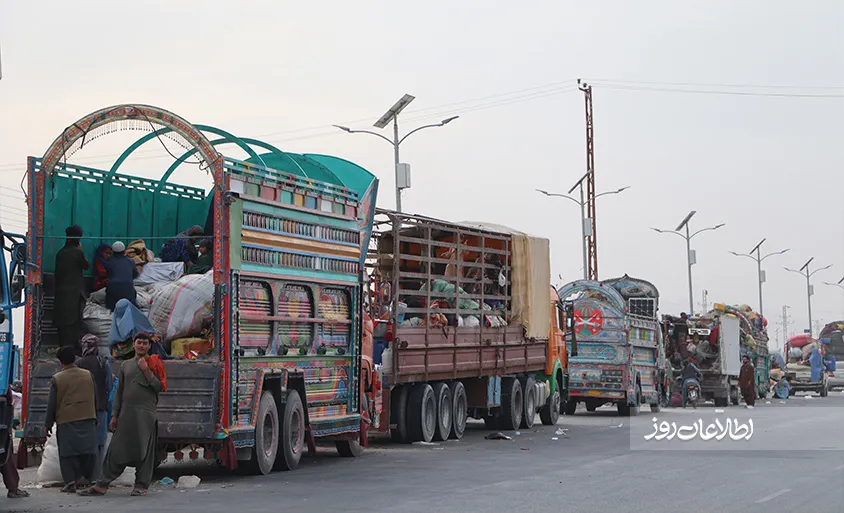
Over 2,400 Afghan Migrants Returned From Pakistan and Iran in One Day, Taliban Commission Says – KabulNow
Kabul, Afghanistan – More than 2,400 Afghan migrants were returned from Pakistan and Iran to Afghanistan in a single day, according to the Taliban’s Commission for the Resolution of Migrants’ Problems.
In a statement, the commission said…
Continue Reading
-
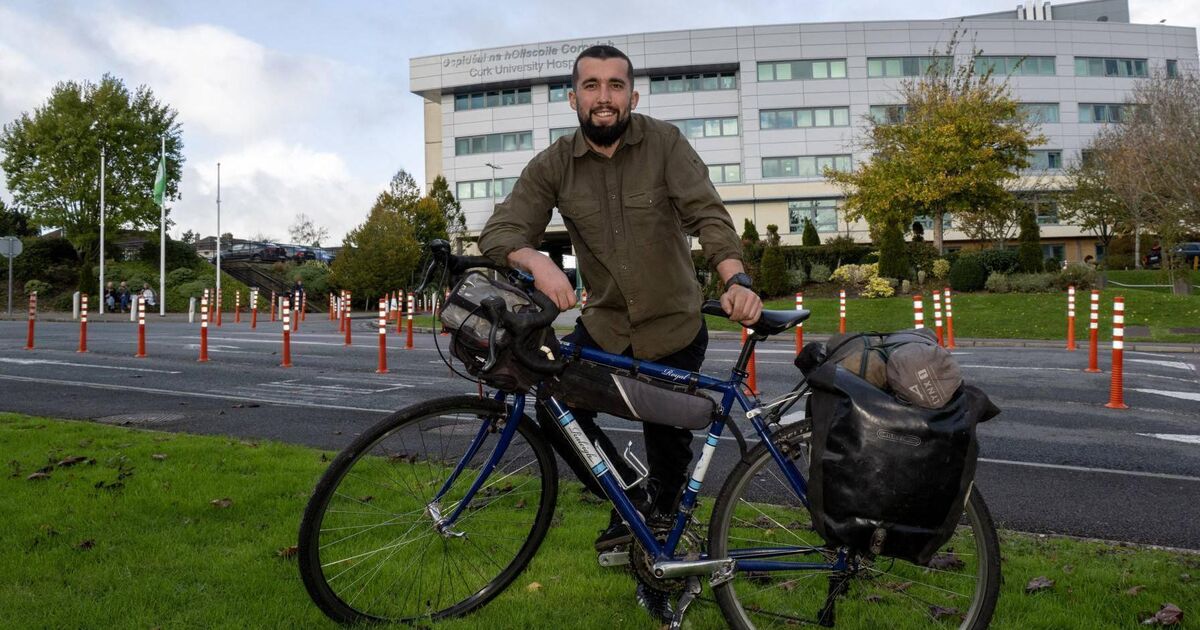
Adventurer ready for ‘mammoth’ challenge in aid of CUH children’s ward
A daring adventurer is ready to embark on a “mammoth” challenge by cycling all the way to Mount Everest to raise funds for the children’s wards of Cork University Hospital (CUH).
Daragh Cronin, aged 23, previously cycled the length of Africa,…
Continue Reading
-
PM offers condolences over Maulana Fazlur Rahim Ashrafi’s demise – RADIO PAKISTAN
- PM offers condolences over Maulana Fazlur Rahim Ashrafi’s demise RADIO PAKISTAN
- PM Shehbaz visits Jamia Ashrafia, expresses condolence over demise of Maulana Ashrafi Pakistan Today
- Governor Punjab Sardar Saleem Haider Khan Condoles Demise Of…
Continue Reading
-
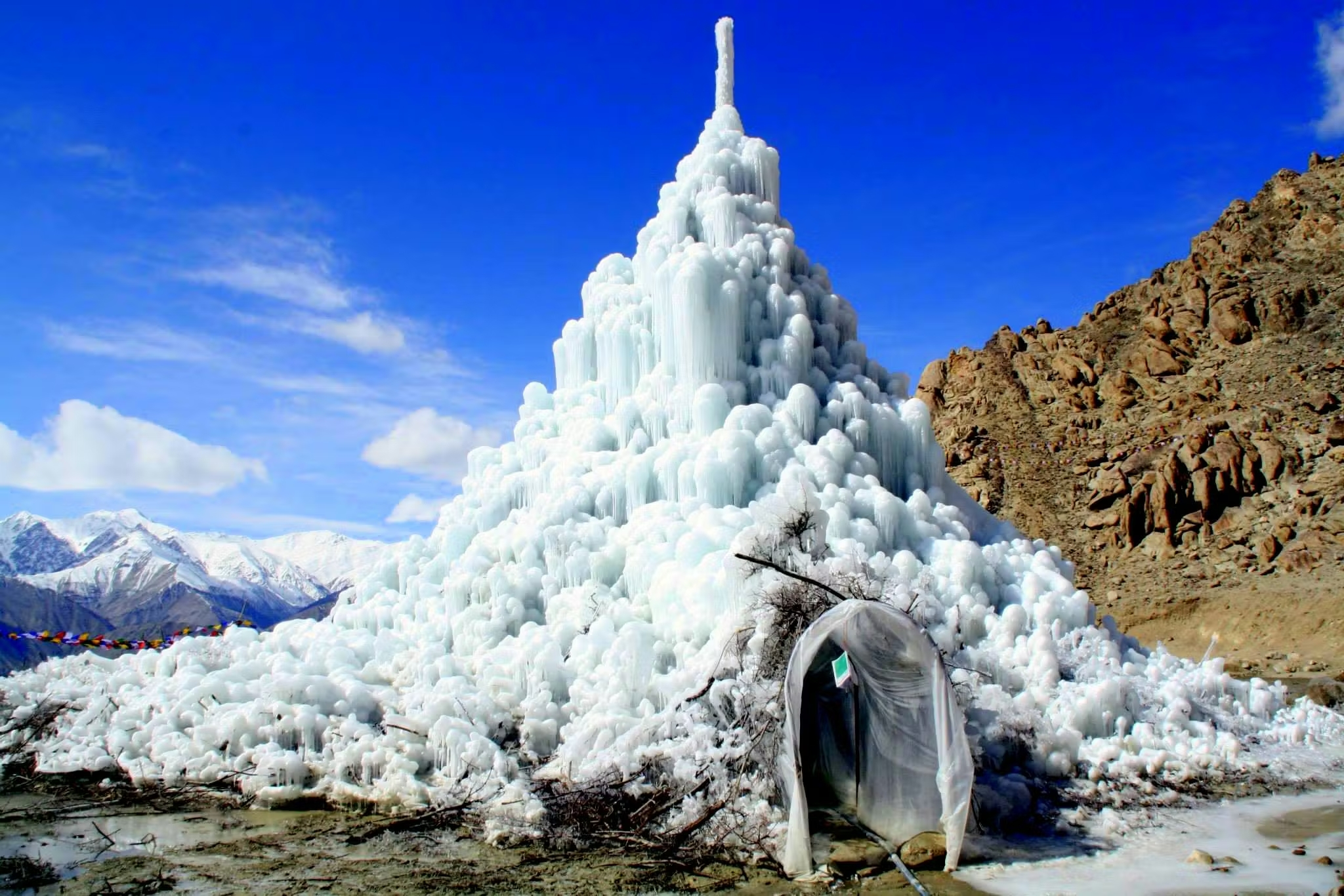
With ice structures reaching over 33 meters in height and storing up to 7,5 million liters of water to irrigate hundreds of hectares, engineers and farmers in Ladakh are creating “artificial glaciers” to overcome water scarcity in the cold Himalayan desert
Artificial glaciers up to 33 meters high and containing 7,5 million liters of water provide irrigation in the cold desert of Ladakh and have become a global benchmark in climate adaptation.
The scenario that made the…
Continue Reading
-
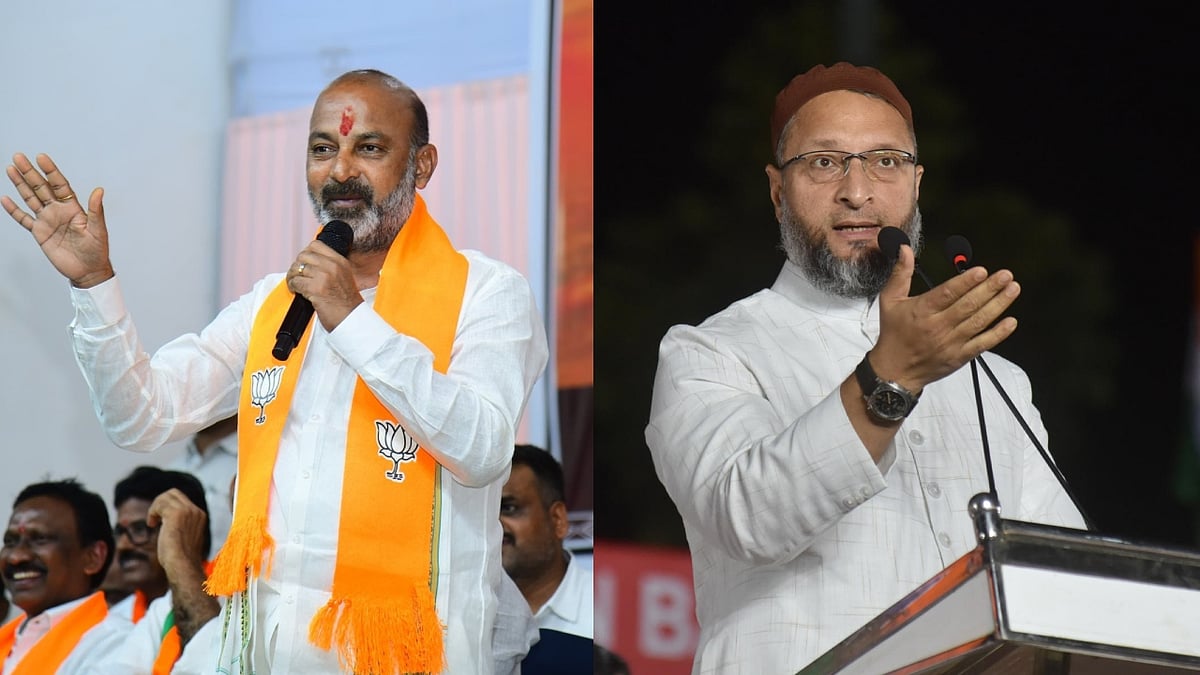
BJP's Sanjay Kumar challenges Owaisi to make hijab-clad woman as AIMIM chief – Deccan Herald
- BJP’s Sanjay Kumar challenges Owaisi to make hijab-clad woman as AIMIM chief Deccan Herald
- A Owaisi’s ‘Tubelight’ Jab At Himanta Sarma Amid ‘Hijab-Clad PM’ Remark Row NDTV
- India’s Prime Minister will always be a Hindu as we are a Hindu Rashtra:…
Continue Reading
-
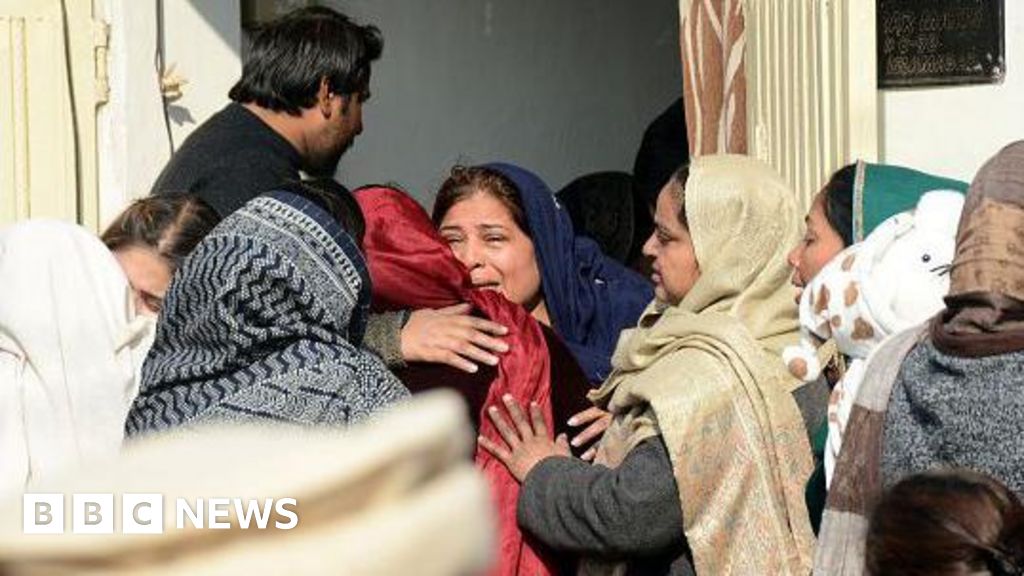
Bride and groom killed by gas explosion day after Pakistan wedding
A newly-married couple was killed when a gas cylinder exploded at a house in Islamabad where they were sleeping after their wedding party, police have said.
A further six people – including wedding guests and family members – who were staying…
Continue Reading